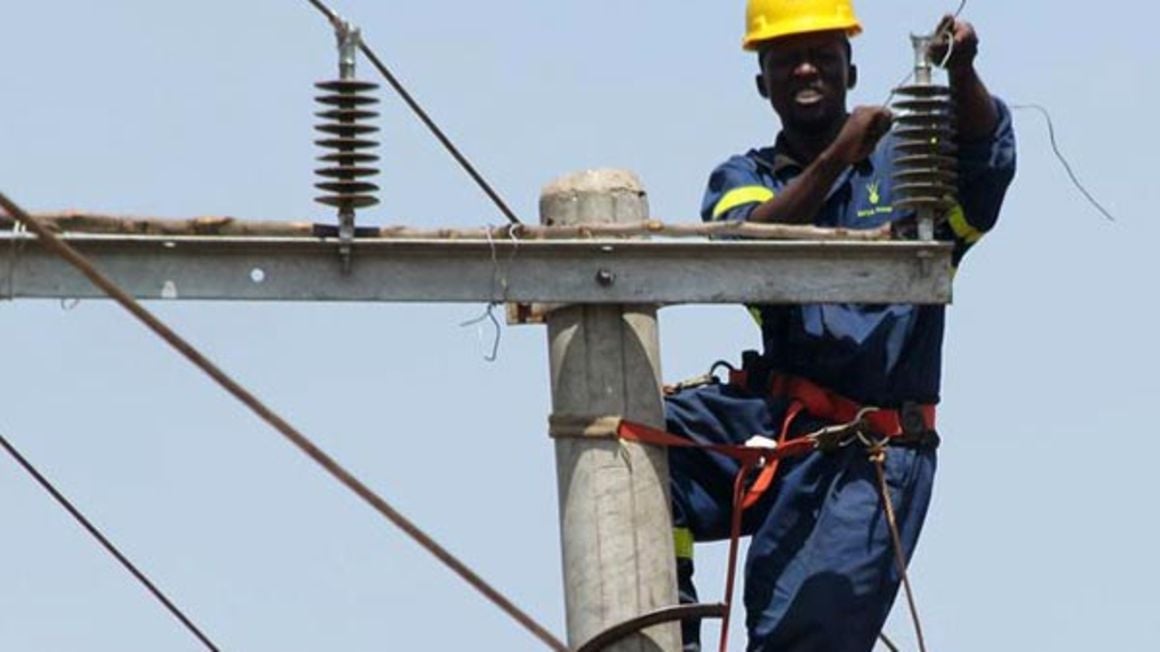Access to power is largest obstacle to business growth, says World Bank

A power technician fixes a transmission line. PHOTO | FILE
What you need to know:
- Growth projection. Sub-Saharan African, according to the World Bank is expected to expand by 4 per cent during the 2022 and 2023 financial years, fueled by elevated commodity prices, relaxation of stringent measures, and recovery in global trade.
- Commodity prices remain well above their pre-pandemic levels, with several reaching all-time highs.
Low access to electricity remains one of the biggest impediment to starting and running a business in Africa, particularly in Uganda, according to the World Bank.
In Uganda, according to the 2019/20 National Household Survey, only 19 per cent of the population has access to electricity, which the World Bank says remains a concern for sustainable business growth.
At least close to 600 million people in sub-Saharan Africa, the World Bank noted, have no access to electricity.
In its Africa Pulse report, which contains an analysis of issues shaping Africa’s economic future, the World Bank, said achieving universal access to energy is critical in attaining long-term development goals, noting that the nearly 600 million people that have no access to energy in sub-Saharan Africa, have limited ability to start and run a business.
Even megacities, the report noted, have inadequate and unreliable supply of power despite increased adoption of renewable energy and expansion of the national grid.
“Specifically, a plan that includes staged rollouts for grid extension and targeted investment in mini-grid development to expand access is essential,” the World Bank said.
This, the World Bank said, will support creation of at least 12 million jobs to accommodate people that enter the market annually across sub-Saharan Africa.
Job creation, remains one of sub-Saharan Africa’s most urgent need with a breakthrough hinged on smart investments.
Therefore, the World Bank noted, access to energy remains the best bet on which policy makers to leverage creation of sustainable employment.
A number of energy alternatives including solar and wind energy have recently been adopted to push economic transformation.
This, the World Bank said, will foster growth in other sectors such as extractive, which are likely to support the green economy, that has the potential to create jobs.
The World Bank also noted that economies across sub-Saharan Africa are expected to expand by 3.3 per cent by the end of 2021, a point higher than earlier forecasts during April.




